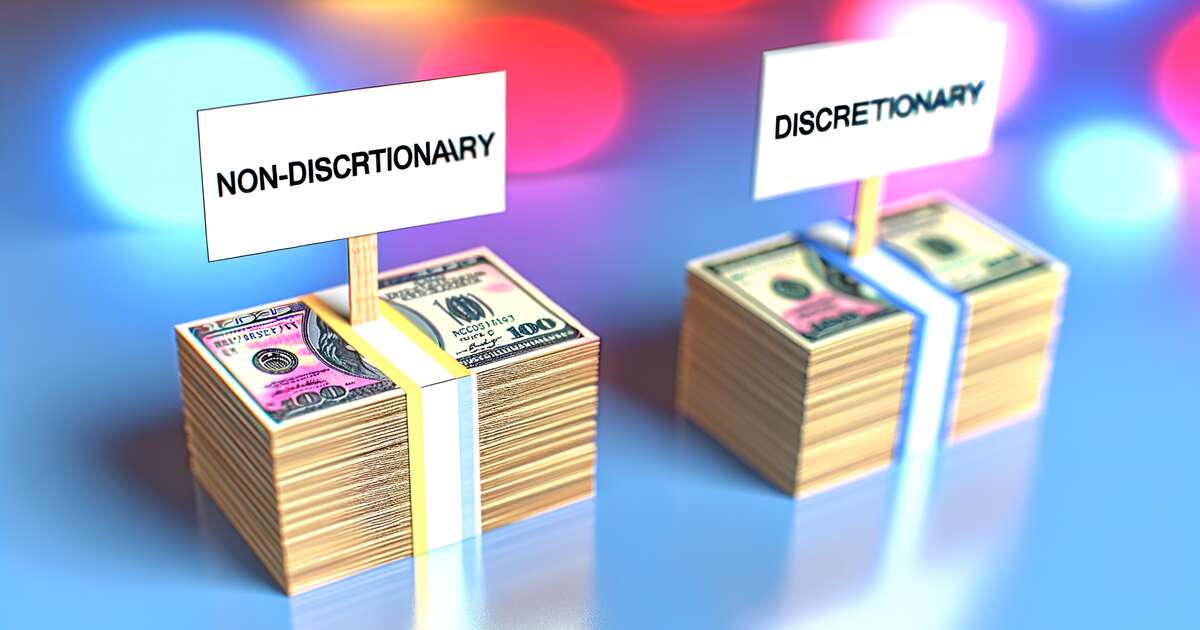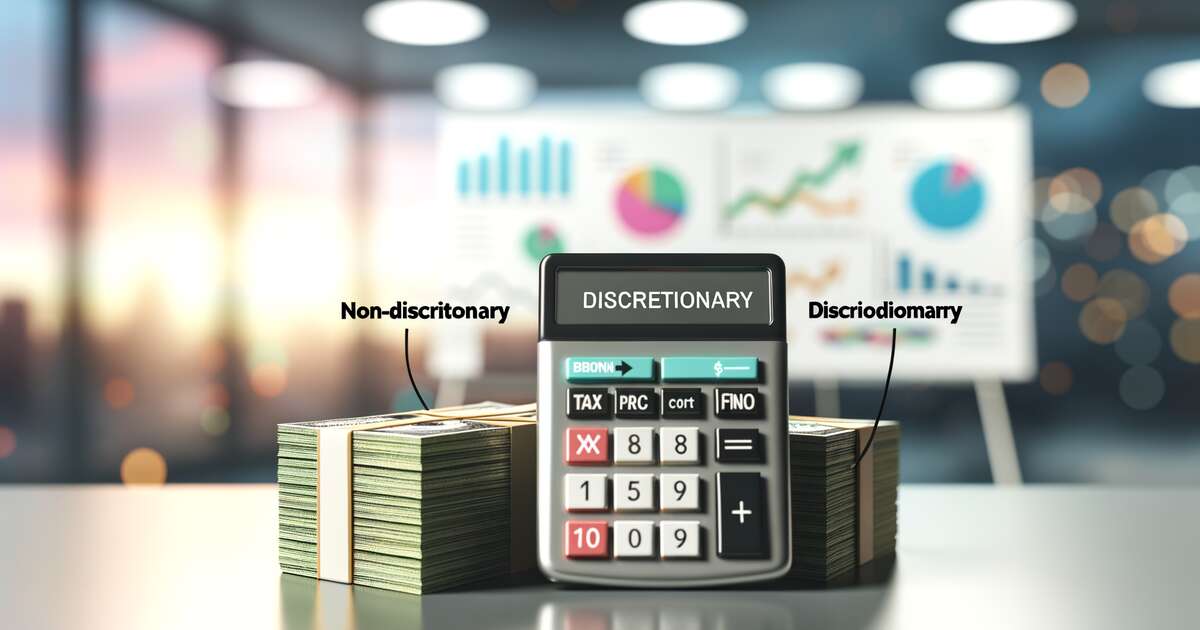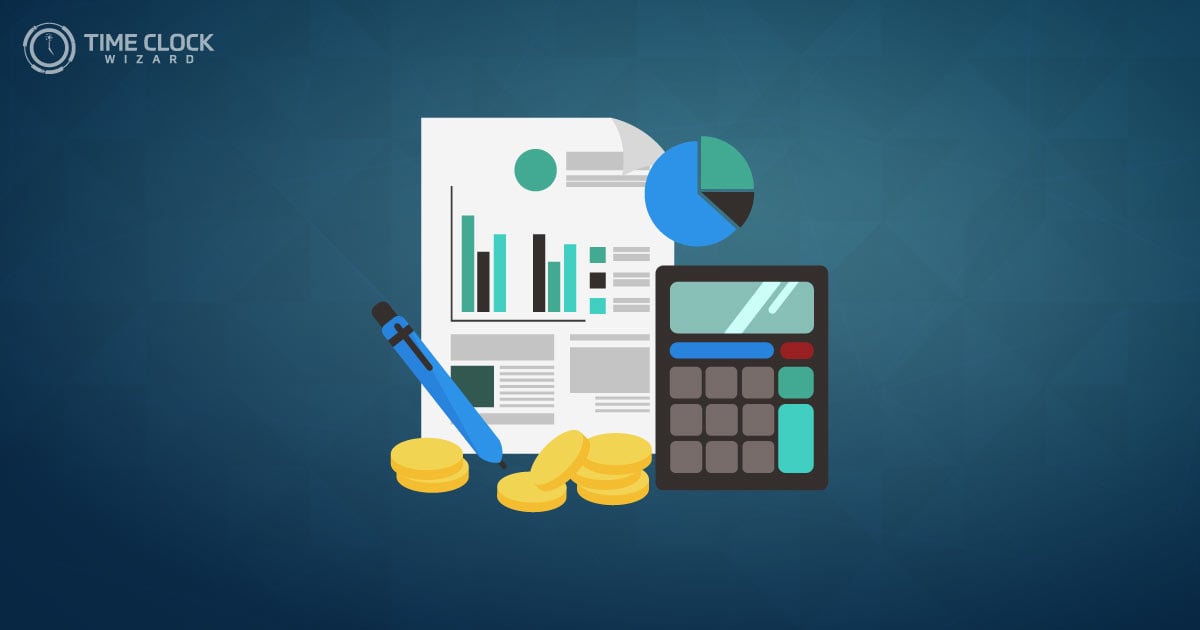
Understanding the nuances between Non-Discretionary vs Discretionary Bonuses can feel like navigating a complex maze. But don’t worry! We’re here to break it down, making it simple and digestible. Why does this matter, you ask? Well, knowing the difference not only affects how employees are compensated but also plays a crucial role in financial planning within any organization.
In the world of payroll, knowing whether a bonus is non-discretionary or discretionary could significantly impact your business’s bottom line. Are you clear on which bonuses you should be giving out at what times? Is it clear how these bonuses might affect employee motivation and overall company finances? Let’s dive into the essential distinctions that will help you manage these bonuses more effectively, ensuring each decision aligns perfectly with your business goals.
Stay tuned as we explore all the tips and must-know guidelines about Non-Discretionary vs Discretionary Bonuses. This walk-through will help you make savvy decisions that keep your team happy and your payroll on point! 🎉
Exploring the Basics of Non-Discretionary Bonuses
Non-discretion IS non-negotiable! When it comes to understanding Non-Discretionary vs Discretionary Bonuses, it’s crucial to grasp the basics of non-discretionary bonuses first. These bonuses are not just extras; they’re often expected parts of an employee’s compensation package. Why? Because they are typically tied to specific criteria such as performance metrics, sales targets, or preset objectives that are clearly outlined in an employee’s contract.
Unlike discretionary bonuses that are awarded at the employer’s whim, non-discretionary bonuses are promised to employees under certain conditions. Are you clear on when these bonuses must be paid out? It’s typically at the end of a financial quarter or year, when employees meet the goals that were set out for them. This structure helps ensure transparency and fairness in how bonuses are distributed, making it easier for employees to understand how their performance directly impacts their compensation.
- Payment based on meeting pre-defined targets 🎯
- Calculated as a percentage of salary or fixed amounts 💵
- Must be included in overtime calculations for eligible employees ✅
Understanding these foundational aspects of non-discretionary bonuses is key for both employers and employees. Not only does it help in setting clear expectations, but it also enhances trust within the workplace. Do these bonuses sound like a fair way to motivate staff in your view?

Key Characteristics of Discretionary Bonuses
When discussing Non-Discretionary vs Discretionary Bonuses, it’s essential to understand the key characteristics that set discretionary bonuses apart. Unlike their non-discretionary counterparts, discretionary bonuses aren’t guaranteed and offer flexibility to employers. What makes them so unique in the realm of employee incentives?
Firstly, discretionary bonuses are typically awarded at the employer’s discretion without a prior contract or agreement promising their payment. This flexibility allows employers to provide these bonuses based on the company’s financial performance, future goals, or as recognition for extraordinary employee contributions—factors that are often evaluated at the year’s end.
- Flexibility in distribution based on company performance
- Rewards for exceptional employee achievements
- Lack of predetermined criteria or formulas
Do these bonuses create a culture of motivation and innovation? Many argue that they do, by incentivizing exceptional work and aligning employee efforts with company success. However, the discretionary nature of these bonuses can also lead to perceptions of unfairness or favoritism if not managed transparently. How can companies strike the right balance to ensure fairness while fostering a driven workforce?
How Non-Discretionary Bonuses Impact Employee Motivation
When it comes to the influence of bonuses on employee morale, non-discretionary bonuses play a fascinating role. These bonuses, unlike their discretionary counterparts, are given based on predetermined criteria and are expected by employees. Have you considered how guaranteeing a bonus might influence the drive and engagement of your team members?
Interestingly, the transparency and reliability of non-discretionary bonuses can significantly boost employee motivation. Employees know exactly what is needed to earn these bonuses and can set clear goals to achieve them. Such clarity can lead to increased efficiency and productivity, key ingredients for a thriving workplace. However, could the allure of ‘guaranteed extra pay’ cloud creativity and risk-taking, essential elements in many roles?
- Predictability: Employees appreciate knowing that their extra effort is guaranteed to be rewarded, reinforcing their loyalty and dedication.
- Objectivity: Clear metrics eliminate bias, ensuring everyone knows the rules of the game.
- Goal Alignment: Teams align more closely with company objectives knowing their efforts are directly linked to tangible rewards.
Ultimately, the impact of non-discretionary bonuses on motivation is undeniable. They cultivate an environment of expectancy and structure, which can be both a boon and a challenge, depending on the company dynamics and individual roles. Balancing these bonuses with opportunities for discretionary rewards can help maintain a motivated, dynamic workforce ready to exceed expectations.

Comparing Tax Implications for Different Types of Bonuses
When diving into the world of bonuses, it’s crucial to recognize that the tax implications differ between non-disponential and discretionary bonuses. But what does this mean for an employer looking to implement a bonus strategy?
Non-discretionary bonuses are often tied to employee performance metrics and are expected as part of employment contracts. For tax purposes, these bonuses are considered part of an employee’s regular wage and are subject to standard withholding tax rates. Discretionary bonuses, on the other hand, are not guaranteed and can be decided by the employer at any point. Since these are not promised or expected, they are taxed differently—sometimes at a higher supplemental income rate. Isn’t it intriguing how the same kind of reward can lead to different tax treatments?
- Non-discretionary bonuses count as regular income and are taxed at the usual rates.
- Discretionary bonuses are treated as supplemental income and might be subject to higher tax rates.
Understanding these implications is pivotal for companies aiming to structure their compensation packages efficiently. Are you aware of how your bonus system could be affecting your financial health and that of your employees?
Best Practices for Implementing Discretionary Bonuses
When it comes to implementing discretionary bonuses within a company, clarity and fairness are crucial. These bonuses, which differ from non-discretionary bonuses in their flexibility and timing, can be a significant motivating factor for employees if handled correctly. Have you ever wondered what the best practices are for administering these rewards efficiently?
First and foremost, it’s essential to establish clear criteria for what warrants a discretionary bonus. Without clear guidelines, you may inadvertently cultivate an atmosphere of uncertainty and favoritism. Make sure that the criteria are well communicated to all team members, ensuring that everyone understands what achievements or behaviors can trigger a discretionary bonus.
- Timeliness and responsiveness: Reward employees who consistently meet or beat deadlines.
- Innovation and initiative: Offer bonuses to those who go above and beyond their regular duties.
- Teamwork and leadership: Recognize individuals who enhance collaboration and motivate others.
Additionally, consider the timing of when these bonuses are given. A bonus awarded too late might lose its intended impact of motivating employees. How can we ensure that the gratification is both immediate and significant? Timing these bonuses around milestones or the completion of major projects can provide both acknowledgment and motivation in a timely manner. For transparency and fairness, also make sure these bonuses are recorded and reported systematically, avoiding any potential legal and tax complications.
Common Questions
What is the difference between a discretionary and non-discretionary bonus?
A discretionary bonus is an additional compensation awarded at the discretion of the employer, not tied to specific criteria or formulas. Typically, these are given for exceptional employee performance, company performance, or other reasons not specified in a formal contract. The amount and the occurrence of such bonuses can vary depending on what the employer decides. In contrast, a non-discretionary bonus is predefined and expected based on the terms of an employment contract or company policy. These bonuses are usually linked to specific achievements such as meeting sales targets, productivity goals, or other quantifiable performance measures, and employees may even count on them as part of their annual income.
What is the difference between discretionary and non-discretionary?
The terms ‘discretionary’ and ‘non-discretionary’ are widely used across different contexts to signify whether decisions or actions are subject to individual choice or set by rules. Discretionary actions are those that are left to an individual’s judgment without strict guidelines or policies. This allows for flexibility and adaptation to specific circumstances but can also lead to inconsistency. Non-discretionary actions, on the other hand, are governed by strict rules or criteria where individual choice is limited or streamlined to ensure uniformity, predictability, or adherence to established norms or legal guidelines.
What is a discretionary performance bonus?
A discretionary performance bonus is a form of additional compensation given to employees at the discretion of their employer, usually awarded for exceptional employee performance that surpasses-specific job expectations. Unlike non-discretionary bonuses that are expected and based on predetermined criteria, discretionary performance bonuses are not guaranteed and do not form part of the employee’s standard compensation package. The employer decides when and how much to give based on factors they deem appropriate, which can include overall company success, financial conditions, or individual contributions that may not be quantitatively measured.
What is the difference between discretionary and non-discretionary time?
Discretionary and non-discretionary time refer to the management of an employee’s working hours. Discretionary time is the portion of an individual’s schedule where they have control over their activities and can decide how best to accomplish their tasks. This often applies to roles that require creativity or strategic thinking like research, development or executive positions where how and when work is done can vary. Non-discretionary time, however, is tightly scheduled and controlled, where tasks, timings, and methods are specified by the employer. Roles that involve customer service or manufacturing operations often have non-discretionary time, ensuring consistent service or production levels.
Case Studies: Successful Bonus Strategies in Companies
Delving into the realm of employee incentives, certain companies have mastered the art of leveraging bonuses to enhance productivity and satisfaction. But what makes their bonus strategies so effective? Let’s look at some real-world examples where both non-discretionary and discretionary bonuses have been successfully implemented.
One notable case is a tech giant known for its strategic use of non-discretionary bonuses linked directly to team performance metrics. By doing so, they create a transparent and motivating environment where employees know exactly what is expected of them to achieve their bonuses. Isn’t it thrilling to think that your own efforts can so clearly contribute to your rewards?
Contrastingly, another success story comes from a retail company that employs discretionary bonuses during peak seasons. This approach allows management to reward exceptional individual efforts that may not necessarily show up in standard metrics but are crucial to the company’s success during critical periods. This flexibility not only boosts morale but also encourages employees to go the extra mile.
These strategies demonstrate that when bonuses are aligned with company goals and transparent criteria, they can significantly contribute to a company’s dynamic and the overall morale of its workforce. Both methods have their place, but the key is understanding which type will best align with your organizational structure and goals. How could your company adapt these successful strategies to improve your own bonus system?
Final Thoughts: Non-Discretionary vs Discretionary Bonuses
As we’ve navigated through the intricate landscape of Non-Discretionary vs Discretionary Bonuses, it’s clear that the way bonuses are structured can significantly influence both company culture and individual motivation. Are your current bonus policies yielding the results you want or is it time to reconsider your approach?
Incorporating what we’ve learned about the tax implications and motivational effects of different bonus types can lead to more informed, strategic decisions that benefit everyone in the organization. Remember, tailoring bonus strategies to fit your company’s unique needs doesn’t just boost morale – it can also enhance overall productivity and success. So, why not re-evaluate your bonus strategies today and see what changes could make a big impact? 🌟





